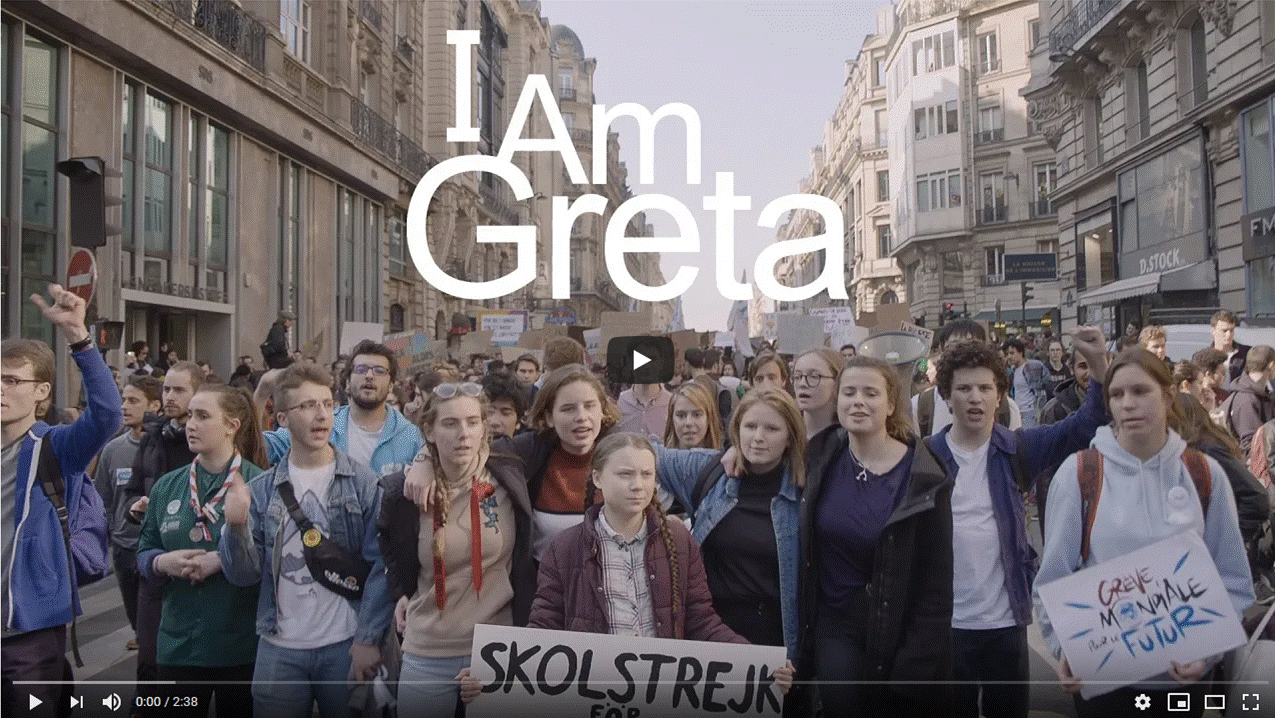
There are lots of environmental challenges ahead for the government. Climate change is one of the biggest ones. Urgent action is needed in a range of sectors to move New Zealand’s greenhouse gas emissions on a clear downward path.
A review by the expert Climate Action Tracker (CAT) in July 2020 rates the New Zealand 2030 target in the Nationally Determined Contribution (NDC) under the Paris Agreement target as “insufficient”. This rating indicates that the target is consistent with warming over 2°C and up to 3°C if all other sectors were to follow the same approach which is well in excess of the 1.5oC target in Paris Agreement. CAT noted that “New Zealand lacks strong policies, despite its Zero Carbon Act. The Act does not introduce any policies to actually cut emissions but rather sets a framework.”
Early in 2021 the Climate Commission will publish its first package of advice for public consultation between 1 February to 14 March 2021. The Commission said this will “outline what climate action could look like in Aotearoa.” .
New Zealand has to go beyond banning oil and gas exploration outside Taranaki. Coal mining is still permitted and is expanding in some areas, even on conservation land.
Agricultural greenhouse emissions has to be a clear focus of any government. Greenpeace is calling on the new Government to phase out synthetic nitrogen fertiliser and establish a $1 billion fund to support farmers to transition to regenerative practices.
Transport is currently the fastest-growing source of carbon emissions in New Zealand. There needs to more investment in walking and cycleways, and electric public transport including buses and commuter rail.
In Europe countries have set end dates for fossil fuel vehicles and have taken measures to reduce the cost of electric vehicles. For example the Netherlands wants all new cars to be emissions free by 2030, New Zealand could do the same by banning imports of fossil fuel vehicles.
It is critical that New Zealand makes investments in infrastructure that do not increase emissions and that do not become stranded assets. Some of Covid-19 so-called climate resilience investments are clearly ill-conceived in this respect as Eloise Gibson for Stuff has identified.
The biodiversity crisis is now critical. This will need an ongoing focus from the Government especially in the marine space. New Zealand is behind in its global biodiversity commitments for 2020. The Government has still to follow through on commitments to protect conservation land, including stewardship land, from mineral activity.
There need to be greater controls on the unsustainable practices of the fishing industry. The protection of ancient corals and other species is urgent. Getting cameras on all fishing boats must be a priority so there is information to manage fisheries as well as to stamp out illegal fishing practices. Marine protection and marine reserves urgently need the legislative mandate to establish them within our Exclusive Economic Zone.
Other challenges include waste, reforming the Resource Management system so that we have better environmental outcomes and that indigenous biodiversity is protected.
See for example: Greenpeace: Jacinda Ardern’s ‘Nuclear-Free Moment’: Here’s three things that would make it a reality; Oil Change International: After huge election victory, Jacinda Ardern needs to show practical climate leadership; Climate Tracker: New Zealand; Stuff: Climate resilience’ quarry’s Govt funding appears uncertain
Based on an article in the latest Tieke – Weekly e-bulletin to the ECO community
Image: from “I am Greta” – currently showing at Auckland cinemas
